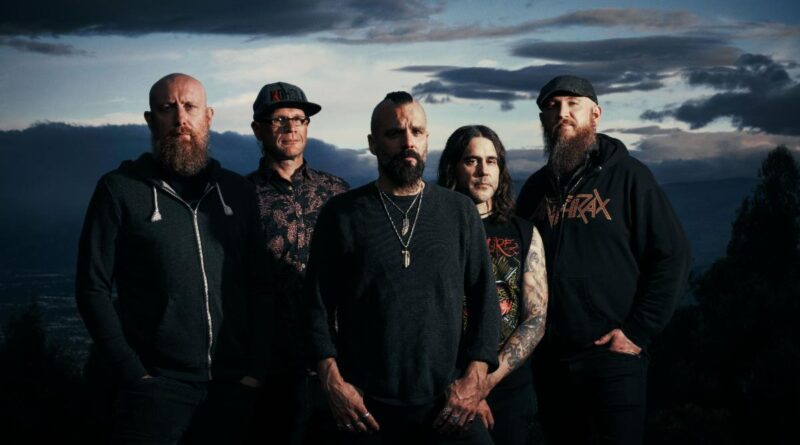
KILLSWITCH ENGAGE have announced a new album!
Titled This Consequence, the upcoming album from the Massachusetts-based veteran metalcore band is the long-awaited follow-up to 2019’s
Atonement, and is scheduled to be released in February next year, via Metal Blade Records.
Speaking about the upcoming album, vocalist Jesse Leach shares, “This Consequence, to me, is the combination of everything the past five years has thrown at us as a band, as humans, and society as a whole. This album is just as much about everybody and their stories as it is for me about my journey personally. Sonically, I love the combination of everybody’s ideas and contributions on this album. It feels more like a collaboration than the past few records have been. When all is said and done, I wouldn’t change anything about this album. I think it’s the exact record we needed to make. I’m honoured and proud of what we all were able to create and refine through this music and message.”
Best headphones deals
Alongside the announcement of the new album, KILLSWITCH ENGAGE have released a new music video for a new song lifted from the upcoming album; Forever Aligned. Speaking about the new song, Leach shares, “Forever Aligned is one of those songs that is not just about us as humans, our love, and connection, but that connection to the unknown, the greater power, the universe, or God. It feels like a really good first song to release not just sonically, but lyrically, as it is all about connection. The device of world we live in could use a lot more connectivity.”
Watch the official music video for Forever Aligned here:
Best headphones deals
Also, you can view both the track list and artwork for the upcoming new album below:
Track List: Abandon Us
Discordant Nation
Aftermath
Forever Aligned
I Believe
Where It Dies
Collusion
The Fall Of Us
Broken Glass
Requiem
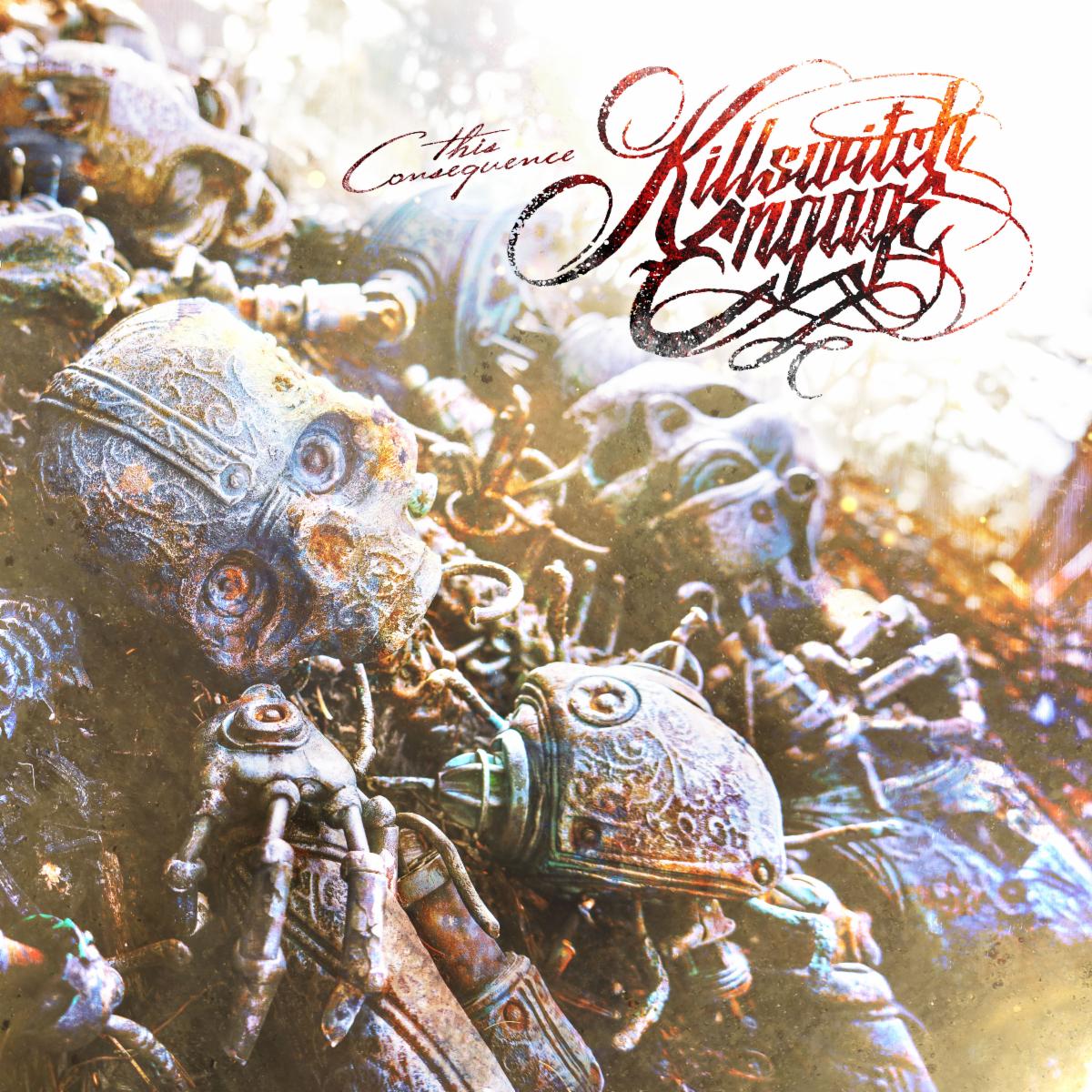
And that’s not all from the band! To support their new album, KILLSWITCH ENGAGE will embark on their first headlining North American tour since late 2022 in March through to May next year. Support for the tour comes from KUBLAI KHAN TX, FIT FOR A KING and FROZEN SOUL. European dates will be revealed in the coming weeks.
Tour dates are as follows:
3/5 — Nashville, TN — The Pinnacle
3/6 — Chesterfield, MO — The Factory
3/8 — Fayetteville, AR — JJ’s Live
3/9 — Oklahoma City, OK — The Criterion
3/11 — El Paso, TX — Don Haskins Center Arena
3/13 — Las Vegas, NV — The Theater at Virgin Hotels Las Vegas
3/14 — Reno, NV — Grand Theatre at The Grand Sierra Resort
3/15 — Wheatland, CA — Hard Rock Live
3/17 — Garden City, ID — Revolution Concert House
3/18 — Seattle, WA — The Paramount
3/19 — Vancouver, BC — PNE Forum
3/21 — Penticton, BC — South Okanagan Events Centre
3/22 — Tsuut’ina, AB — Grey Eagle Resort & Casino
3/24 — Winnipeg, MB — Burton Cummings Theatre
3/27 — Peoria, IL — Peoria Civic Center
3/28 — Waukee, IA— Vibrant Music Hall
Best headphones deals
3/29 — La Vista, NE — The Astro
3/30 — Kansas City, MO — The Midland Theatre
4/1 — Grand Rapids, MI — GLC Live 20 Monroe
4/3 — Corbin, KY — The Corbin Arena
4/4 — Pittsburgh, PA — Stage AE
4/5 — Philadelphia, PA — Franklin Music Hall
4/6 — Greensboro, NC — Greensboro Special Events Center
4/8 — New Haven, CT — College Street Music Hall
4/9 — Buffalo, NY — Buffalo RiverWorks
4/11 — Laval, QC —Place Bell
4/12 — Portland, ME — Cross Insurance Arena
5/8 — Columbus, OH — Sonic Temple*
5/16 — Daytona Beach, FL — Welcome to Rockville*
*Festival Appearances

This Consequence is set for release on February 21st via Metal Blade Records. Pre-orders are available now and can be purchased
here.
For more information on KILLSWITCH ENGAGE like their official page on
Facebook.
 a
a






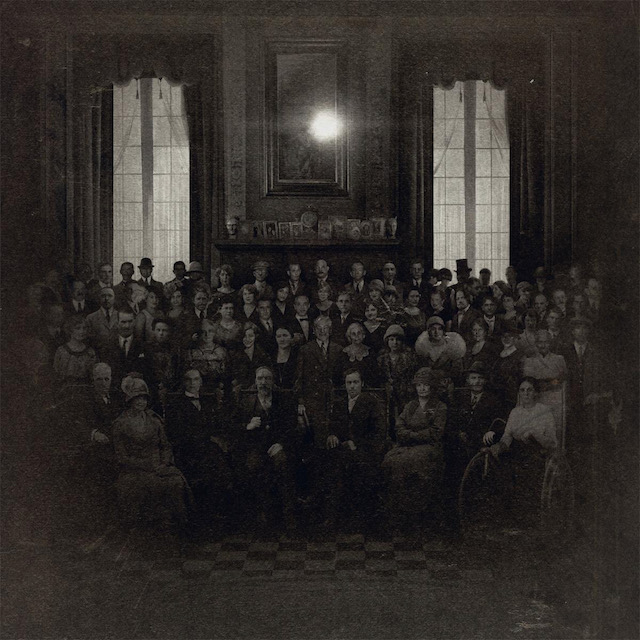






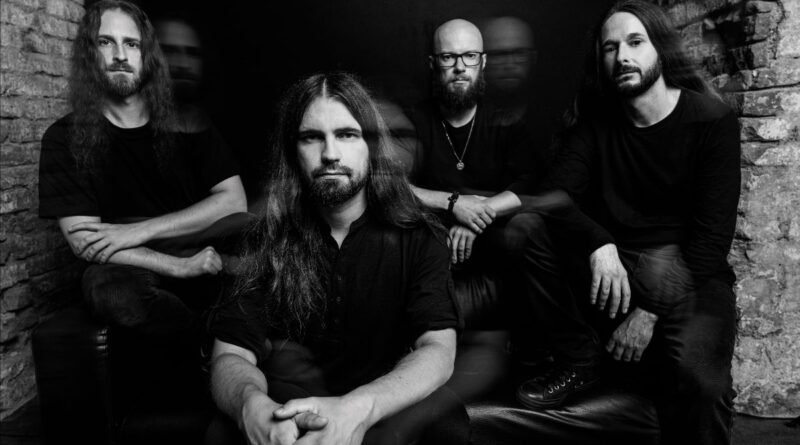
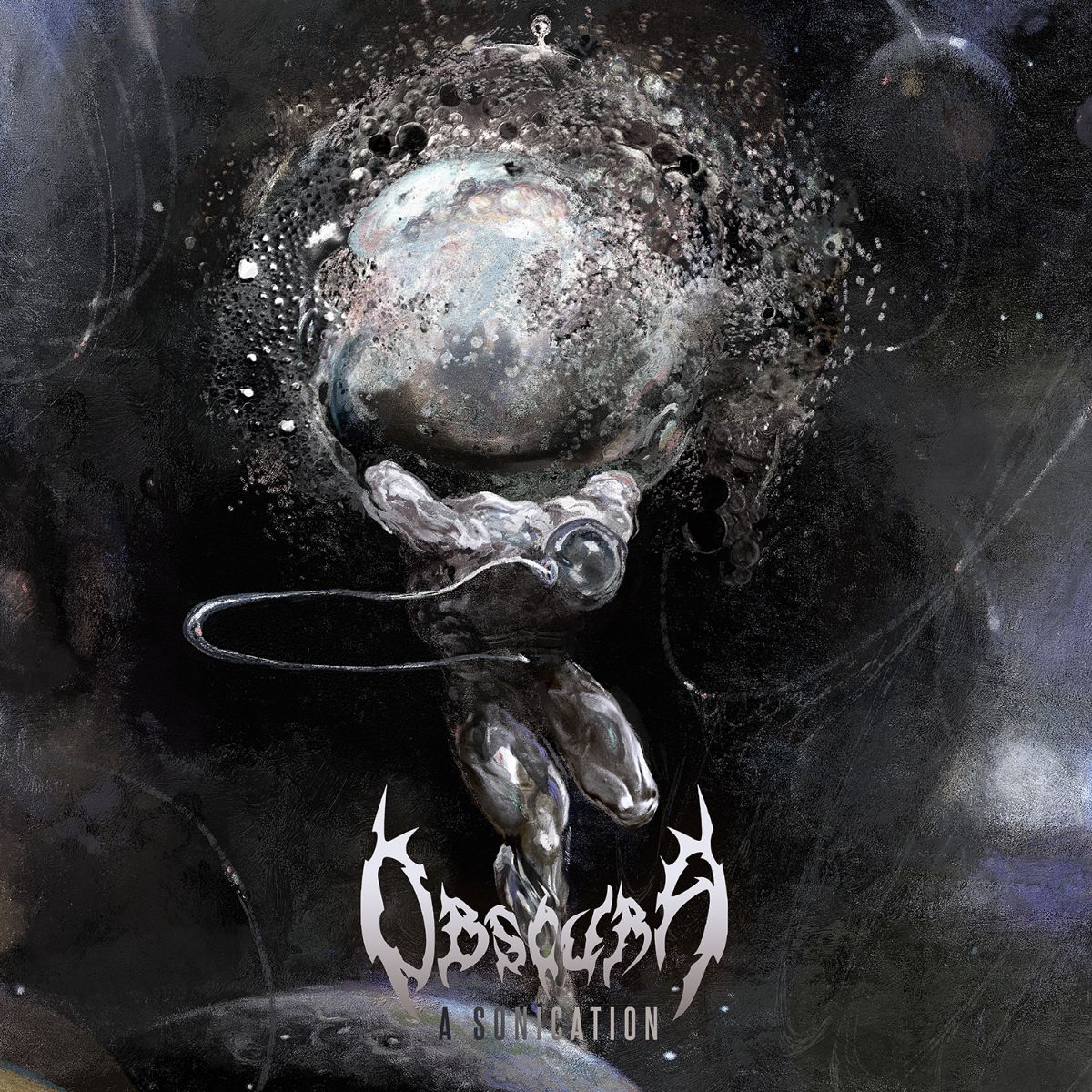
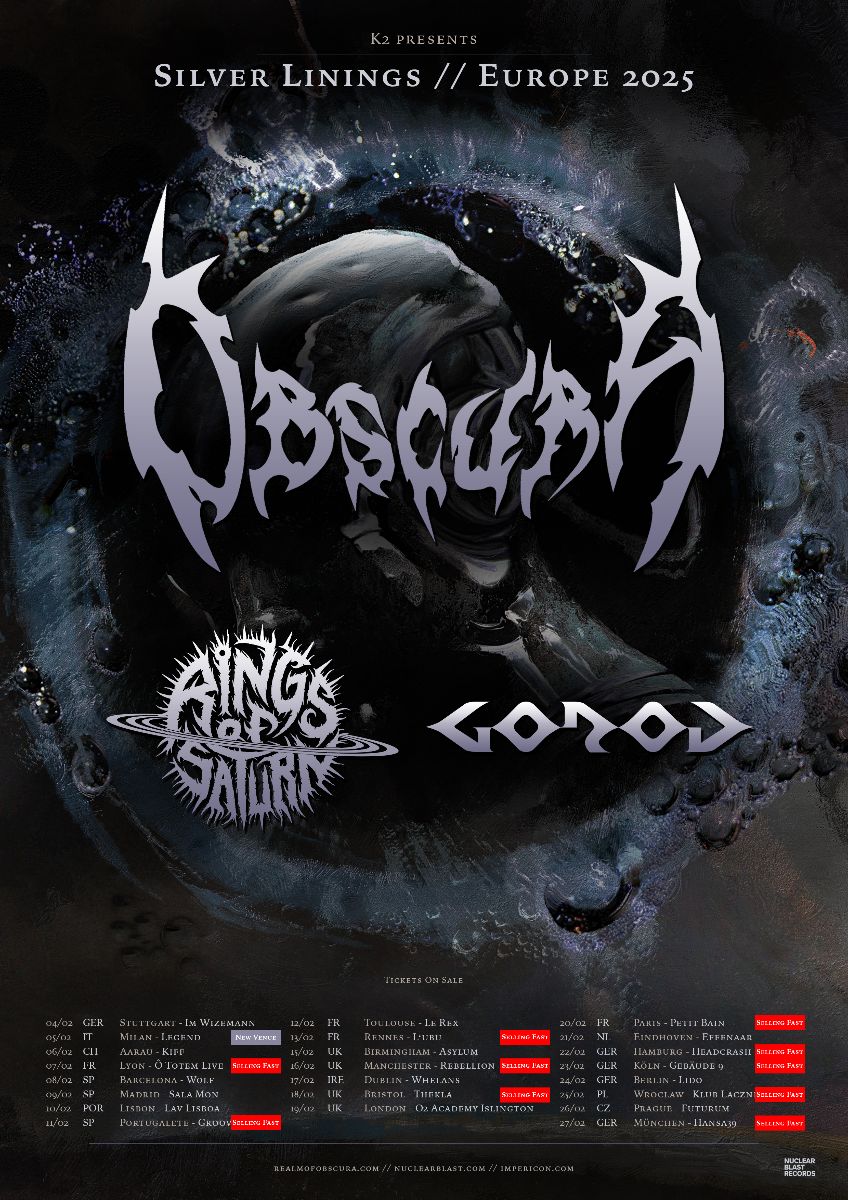



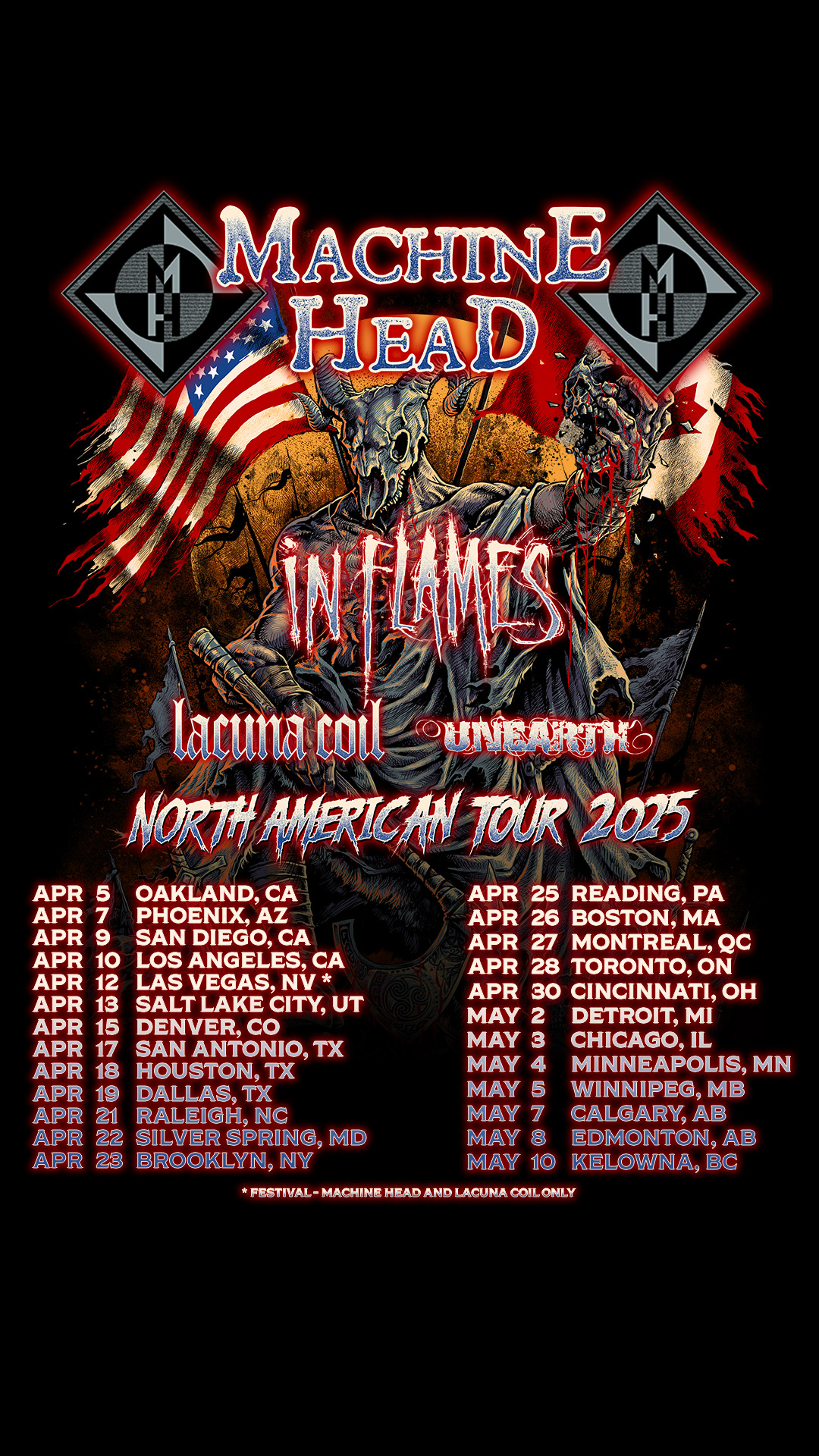


 Blind Channel live @
Blind Channel live @  Blind Channel live @ O2 Academy, Bristol. Photo Credit: Serena Hill Photography
Blind Channel live @ O2 Academy, Bristol. Photo Credit: Serena Hill Photography Lacuna Coil live @ O2 Academy, Bristol. Photo Credit: Serena Hill Photography
Lacuna Coil live @ O2 Academy, Bristol. Photo Credit: Serena Hill Photography Lacuna Coil live @
Lacuna Coil live @ 





















